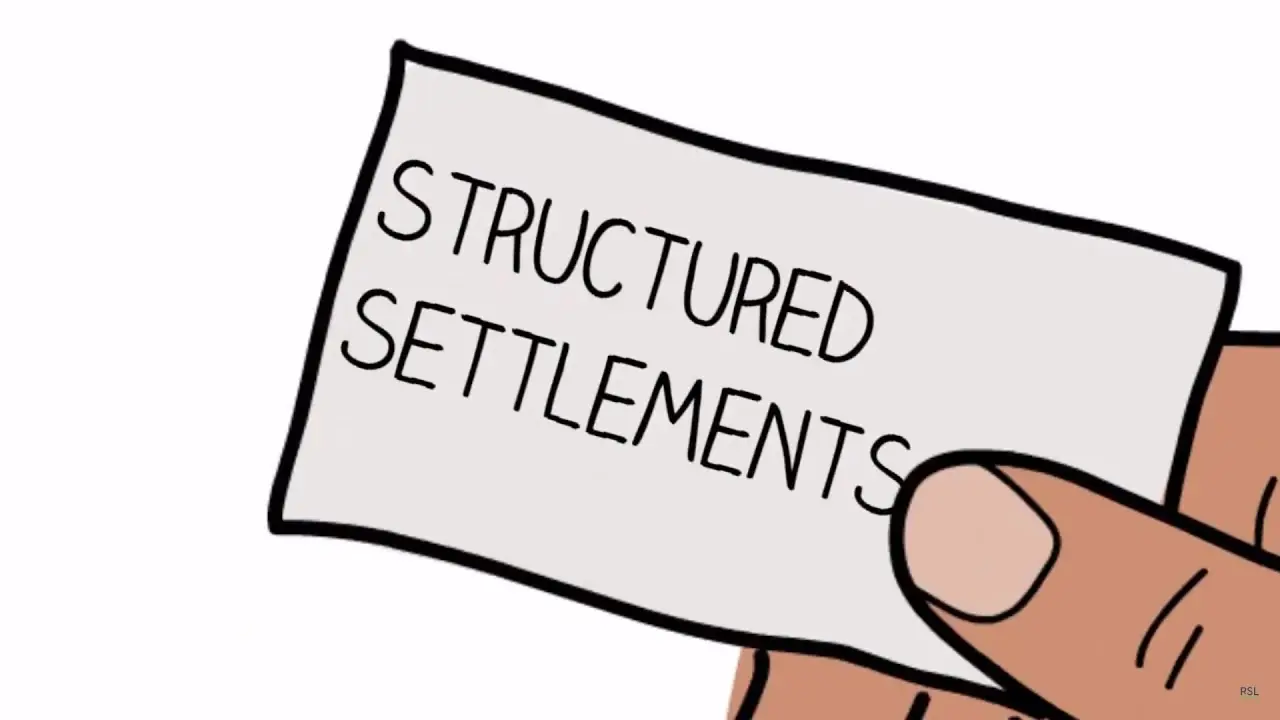
In today's challenging financial landscape, many individuals and families find themselves struggling with overwhelming debt. If you are unable to meet your financial obligations, it can be a daunting situation. However, a debt settlement lawyer can provide the expertise and guidance needed to navigate this complex process. In this article, we will explore how a debt settlement lawyer can assist you in managing your debts and potentially securing a fresh financial start.
Understanding Debt Settlement
Debt settlement is a negotiation process between you and your creditors. The goal is to reduce the total amount of debt owed by reaching an agreement to pay less than the full balance. This can be a viable option for individuals facing financial hardship, as it allows for a more manageable payment plan and can help improve financial stability.
Many people may consider attempting debt settlement on their own; however, working with a debt settlement lawyer can significantly enhance your chances of success. These professionals possess in-depth knowledge of debt laws and negotiation tactics that can lead to more favorable outcomes.
Benefits of Hiring a Debt Settlement Lawyer
There are several advantages to enlisting the services of a debt settlement lawyer. Here are some of the key benefits:
- Expert Negotiation Skills: A debt settlement lawyer understands the negotiation process and knows how to approach creditors effectively. They can advocate on your behalf, increasing the likelihood of achieving a reduced settlement amount.
- Legal Protection: Working with a lawyer provides an additional layer of legal protection. They can help you understand your rights and ensure that creditors do not engage in unfair practices or harassment during the settlement process.
- Personalized Strategies: Every financial situation is unique. A debt settlement lawyer will assess your specific circumstances and develop a tailored strategy to address your debts, which may include negotiating settlements on multiple accounts.
- Stress Reduction: Dealing with debt can be overwhelming, both emotionally and financially. Having a qualified professional handle negotiations can alleviate stress and allow you to focus on rebuilding your financial future.
How Does Debt Settlement Work?
The debt settlement process typically involves several steps:
- Initial Consultation: During your first meeting with a debt settlement lawyer, you will discuss your financial situation, including the types of debt you have and your overall income and expenses.
- Strategy Development: Based on the information provided, the lawyer will create a customized plan for approaching your creditors and negotiating settlements.
- Negotiation: Your lawyer will contact your creditors to negotiate a reduced payment amount. This may involve multiple discussions and offers before reaching a settlement.
- Settlement Agreement: Once an agreement is reached, your debt settlement lawyer will ensure that all terms are documented and legally binding, protecting you from any future claims related to the settled debt.
What to Consider Before Hiring a Debt Settlement Lawyer
Before hiring a debt settlement lawyer, it's essential to consider the following factors:
- Experience: Look for a lawyer who specializes in debt settlement and has a proven track record of successfully negotiating with creditors.
- Fees: Understand the fee structure upfront. Some lawyers charge a flat fee, while others may take a percentage of the settled amount. Make sure you are clear on all costs involved.
- Client Reviews: Research client testimonials and reviews to gauge the lawyer's reputation and effectiveness in handling debt settlement cases.
- Initial Consultation: Take advantage of free consultations to assess the lawyer's approach and determine if they are the right fit for your needs.
Potential Drawbacks of Debt Settlement
While debt settlement can be beneficial, it is not without its potential drawbacks. Here are some considerations to keep in mind:
- Credit Impact: Debt settlement can negatively affect your credit score, as creditors may report settled debts as "settled for less than owed." This can remain on your credit report for up to seven years.
- Tax Implications: Any forgiven debt may be considered taxable income by the IRS, which could create additional financial obligations in the future.
- Time-Consuming: The negotiation process can take time, and there is no guarantee that all creditors will agree to settle.
Conclusion
If you find yourself in a position where you can’t pay your debts, a debt settlement lawyer may be your best ally. With their expertise and knowledge, they can help you navigate the complexities of debt settlement, negotiate with creditors, and work toward a more manageable financial future. Before making any decisions, take the time to research and consult with a qualified debt settlement lawyer to explore your options and determine the best path forward.
By taking proactive steps and seeking professional help, you can regain control of your financial situation and move toward a brighter financial future.






